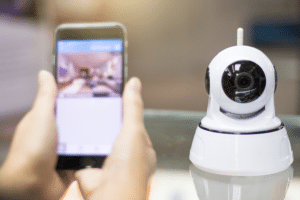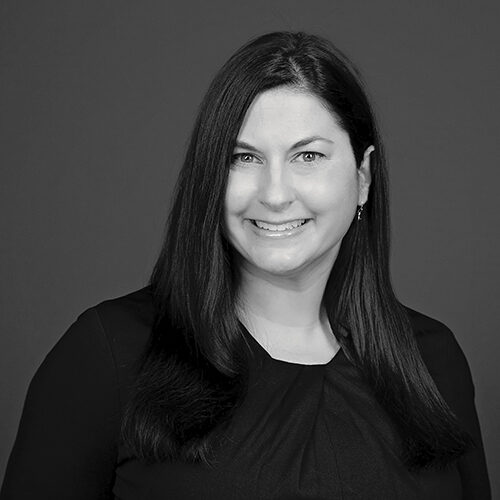With the evolution of technology and video surveillance equipment becoming both less expensive and more concealable, the use of these devices in personal care and assisted living facilities has become more prevalent. Whether they are installed by the facility to monitor patient safety and employee conduct or set up by residents and their families to monitor staff and other residents for potential theft or abuse, their legality may come into question.
While other states have enacted laws expressly allowing monitoring within facilities, Pennsylvania has not enacted a similar statute. The only controlling law is the Pennsylvania Wire Tap Law, which prohibits “interception of private conversations using an electronic, mechanical, or other device,” unless all participants consent to recording. For that reason, audio recording should be strictly avoided by both facilities and residents unless consent has been obtained or one of the limited exceptions of the law apply.

The use of technology and surveillance devices in personal care and assisted living facilities has become more prevalent
At the same time, the Department of Human Services has provided general guidance in the Regulatory Compliance Guides for both Personal Care Homes and Assisted Living faculties. The regulations for such facilities each protect patient privacy by imposing the following obligation on facilities:
A resident has the right to privacy of self and possessions. Privacy shall be provided to the resident during bathing, dressing, changing and medical procedures.
In the “discussion” of this provision in Regulatory Compliance Guide, DHS has stated:
Audio monitoring in any location on the grounds of the home is prohibited.
Video monitoring and recording of the home’s exterior is permitted.
Video monitoring of the home’s interior common areas is permitted.
Video recording is permitted in interior areas completely inaccessible to residents, such as medication and supply storage areas.
Video recording of the home’s entrances and exits and the interior corridors leading to entrances and exits is permitted, provided that:
–Residents are informed at admission that these areas are subject to video recording.
–Signs indicating that images are being recorded are posted in the areas that are being recorded.
All other recording of interior areas by the home is a violation of resident privacy and therefore prohibited.
Residents may video record in their private rooms or with the written permission of all roommates in shared rooms.
Residents may install “hidden cameras” in private rooms without the home’s knowledge.
Staff may not photograph or video record residents with private cell phones or other electronic devices.
For the facility, this guidance creates a distinction between areas that may be subject to monitoring and those that may be subject to recording. Areas where residents are more likely to have an expectation of privacy are either subject to no permissible recording (e.g., within resident rooms) or monitoring only. Other areas such as exteriors, exits and non-resident areas are subject to recording. Even then, the facility should consult with legal counsel to ensure that they are in compliance with other applicable laws such as employee rights.
It is in the facility’s interest to ensure that it has written policies governing both its use of video surveillance, as well as that by its employees to ensure that it is consistent with the pertinent state and federal laws and to ensure that any relevant consents or notices are provided. Further, the use of video surveillance should be fully disclosed in writing to residents in the intake/admission process.
The Healthcare and Employment teams at Fitzpatrick Lentz & Bubba are well versed with the laws and regulations overseeing personal care and assisted living facilities and can help you create sound policies and procedures to protect your staff and patients.









